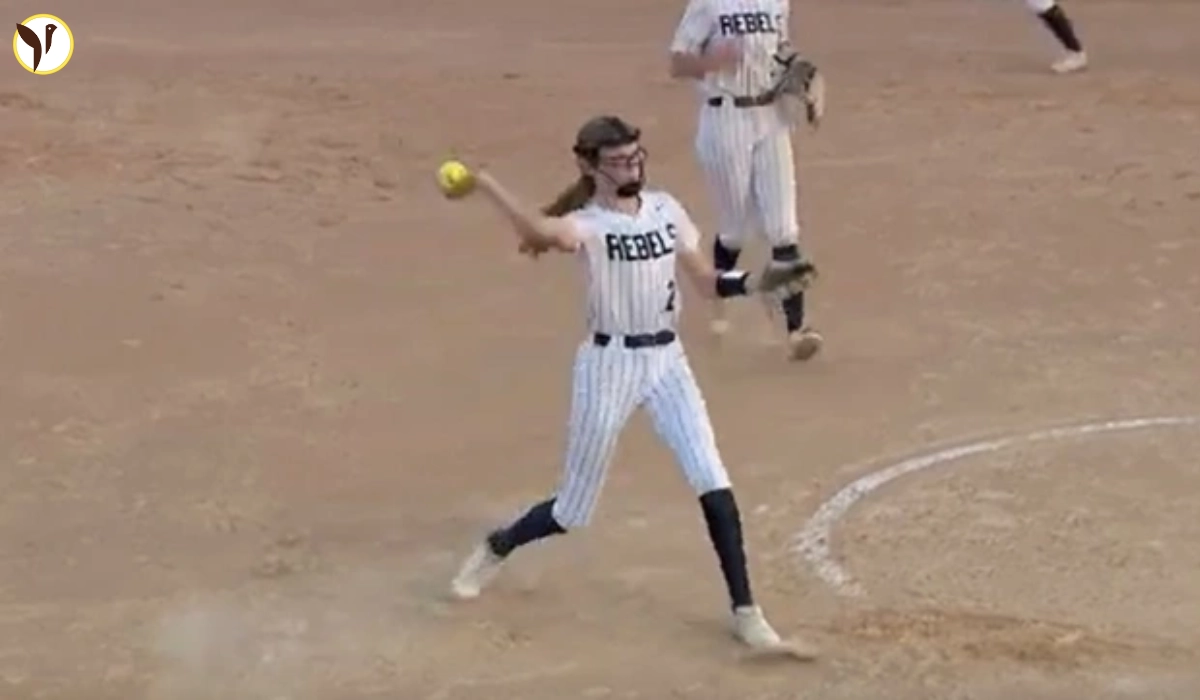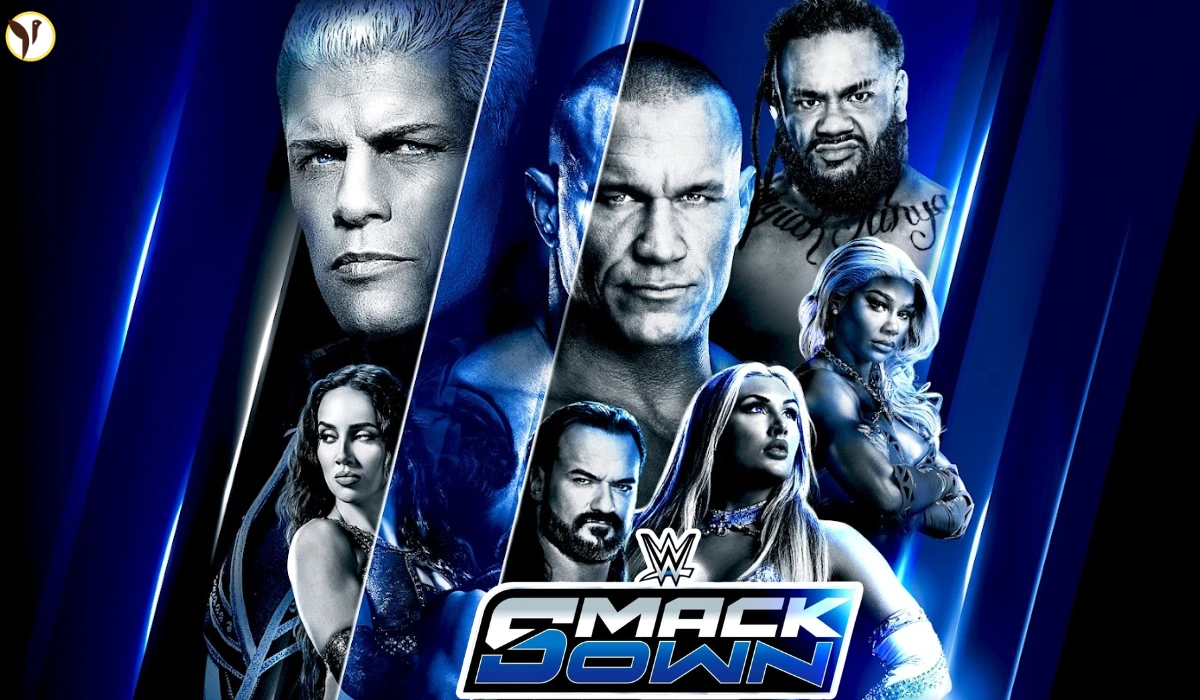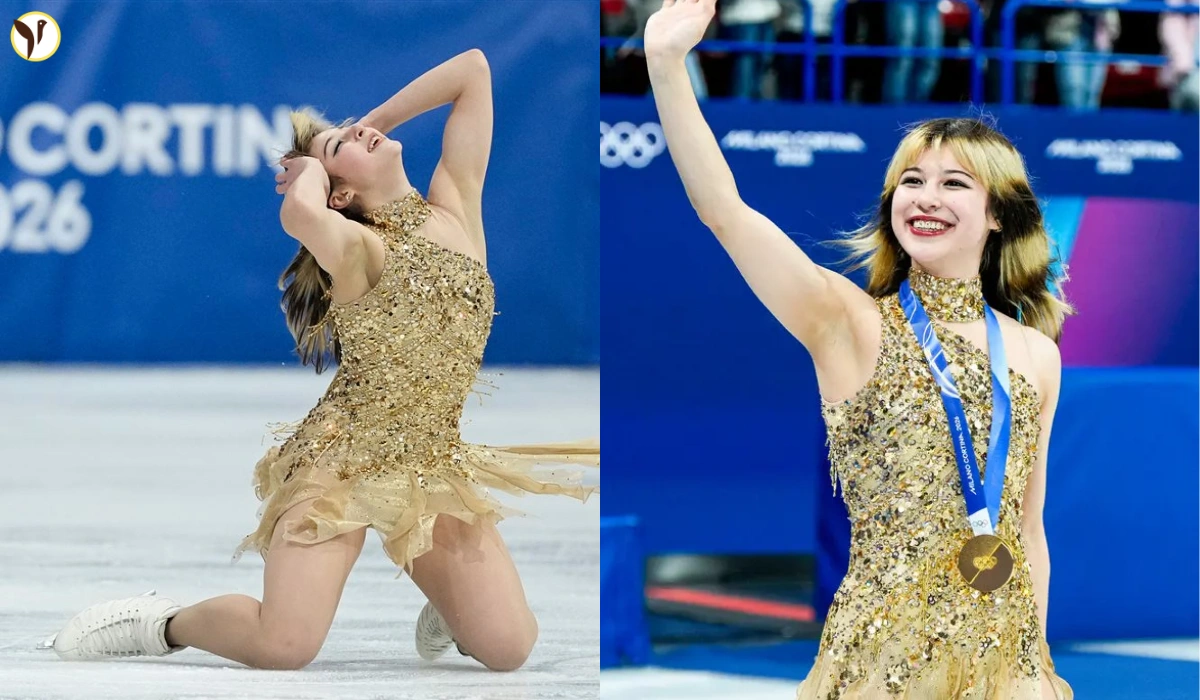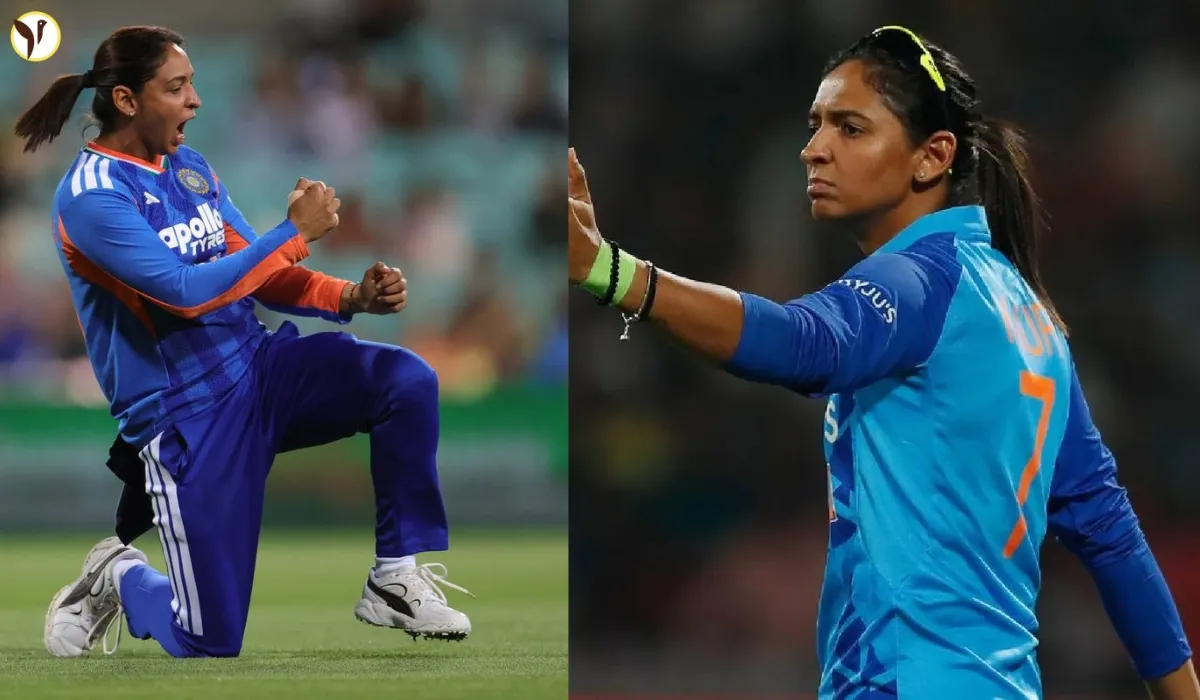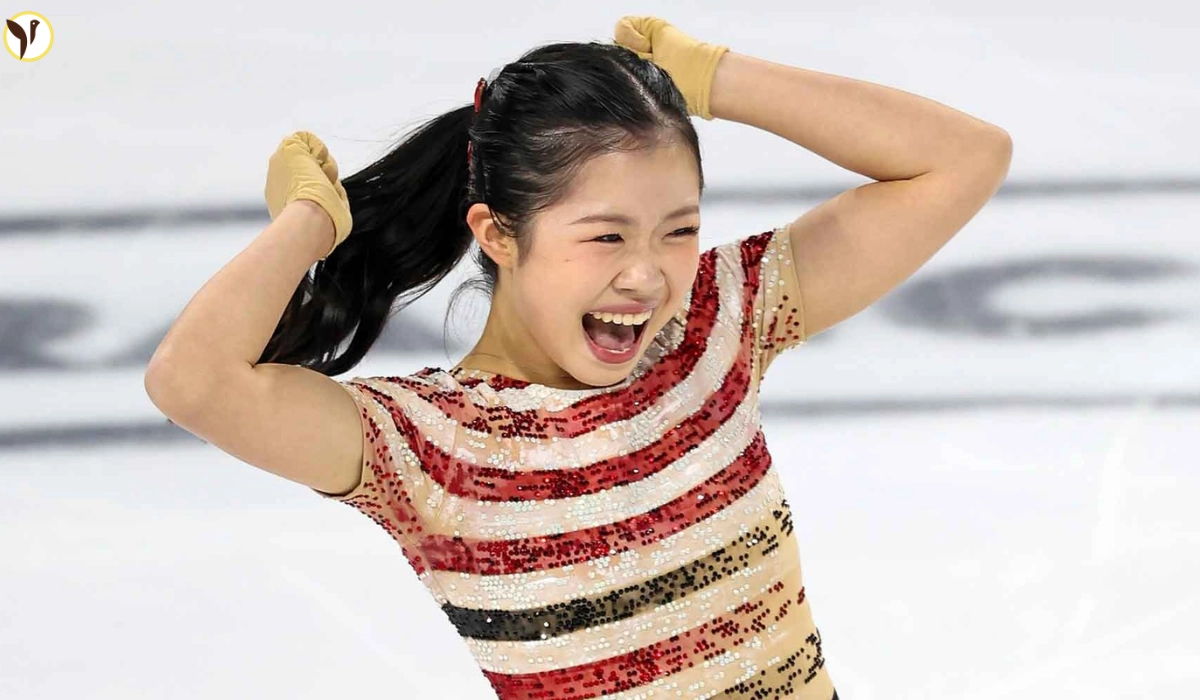Marissa Rothenberger: The Teen Pitcher at the Center of a Heated Softball Debate in Minnesota
A Strong Athlete With a Big Spotlight
Marissa Rothenberger is just 17 years old and plays softball for Champlin Park High School in Minnesota. She's a talented pitcher — no doubt about it. Her stats are impressive: five wins, only one loss, an ERA under 1.00, and nearly 60 strikeouts. And she helped her team make it to the state tournament for the very first time.
But lately, it’s not just her performance on the field that’s got people talking — it’s who she is. Marissa is a transgender girl, and her spot on the girls’ softball team has sparked a whole lot of debate. Some people are really proud of her and think it’s great that she gets to compete. Others feel like it might not be fair to the other players.
A Lawsuit and a Bigger Conversation
Things got even more intense recently when a few players (who haven’t been named publicly) filed a lawsuit. They're saying it’s not fair to let a transgender girl compete in girls' sports, and they want changes to how teams are formed. It’s one of those situations where you can really feel both sides — one side talks about fairness in the game, and the other side is all about inclusion and supporting young people being themselves.
Marissa hasn’t said a lot publicly about it, but she did mention she just wants to play the sport she loves and help her team win. And honestly, it seems like that’s what she’s doing. She’s showing up, working hard, and giving it her best. The rest — well, that’s turning into something much bigger than just one softball game.
Rules, Rights, and Real Feelings
Right now, Minnesota has rules that allow students to play sports based on the gender they identify with. So by those rules, Marissa is doing nothing wrong. But that doesn’t mean people aren’t questioning the policy. There’s been pressure from outside the state too — including political voices that want stricter rules about who can play in women’s sports.
At the same time, officials in Minnesota have stood by the current policies. They’re saying every student deserves the same chance to be part of a team and to feel accepted. It’s a hard balance: trying to keep sports fair while also making sure everyone feels seen and respected.
The Community Is Split — But the Questions Keep Coming
People are definitely divided on this. Some folks are showing full support for Marissa, calling her brave and saying she’s just a kid playing a game like everyone else. Others are worried it might affect the future of girls' sports — especially in games where strength or speed really come into play.
There aren’t easy answers. That’s the truth. It’s emotional, it’s personal, and it’s complicated. And it’s probably not going to be the last time this kind of story makes headlines.
What’s clear is that Marissa’s story is bigger than just softball. It’s become a part of a national conversation about identity, fairness, and how we handle change in sports and in schools. Everyone seems to have an opinion, but what many people can agree on is that the kids caught in the middle of it — like Marissa — are just trying to live their lives and do what they love.
